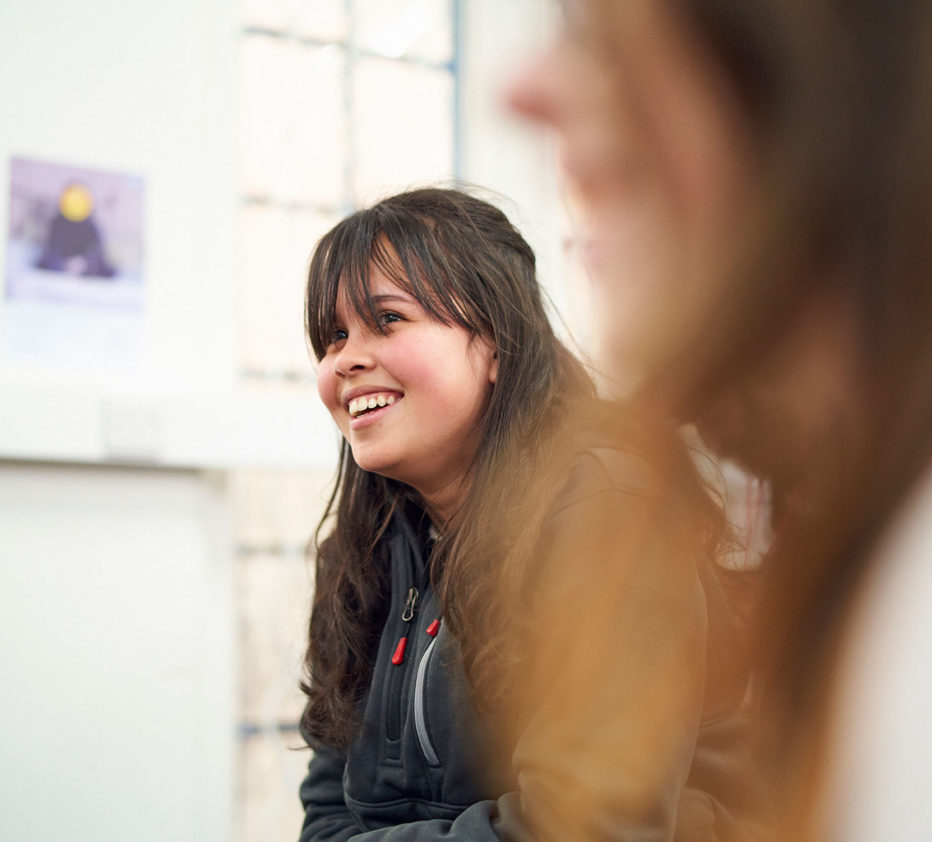Ignite your passion for understanding the forces that shape our world with our Economics course. Designed for those eager to delve into the mechanics of markets, government policies, and global financial systems, this course hones your investigative and analytical skills, challenging your perceptions and stimulating your intellect. You'll explore the intricate relationships between consumers, businesses, and governments, gaining insights into how economic theories apply to real-world issues. Our curriculum is tailored to foster critical thinking, preparing you for a dynamic career in economics, finance, or business. Join a community of like-minded individuals and expert educators dedicated to your success, and transform your enthusiasm for economics into a rewarding future.
You will need 5 GCSE's at grade 5-9 including Maths and English Language
| Study level | Cost | Additional fees |
|---|---|---|
| 16-18 | Free | There are no costs charged to enable you to study this A-Level course, although there may be contributing cost associated with external trips/visits, and possibly other external visits. You will need to provide your own stationery and core textbooks/revision guides. |
This course is based in the classroom, consisting primarily of theory work and ongoing modular assessments. There will be opportunities for external visits throughout both years of this A-Level course
English and Maths are very important subjects and will help to equip you with key skills that will help you to achieve your best in your A-Level studies and progression towards your future career.
In order to study A-Level Economics, you will need to have achieved GCSE Maths and English Language at a grade 5.
Our A Level programmes allow you to choose multiple subjects, enabling you to study 3–4 A Levels over two years or combine them with equivalent vocational qualifications, with each subject taught for 4 hours and 30 minutes per week across three separate lessons and your timetable determined by your chosen subjects (provided at the start of the academic year).
Although you are not required to be on campus when you do not have a timetabled lesson, we strongly recommend making effective use of our learning facilities and resources during these periods to stay on top of your work.
You will study a series of modules throughout this two-year course, all of which will be included in three end of course examinations:
Paper 1 – Markets & Market Failure
Paper 2 – National & International Economy
Paper 3 – Economic Principles & Issues
Throughout Year 12 you will study:
Economic problems & decision-making
Production, costs & revenue
Competitive markets & the labour market
Poverty & inequality
Market failure
Moving into Year 13 you will study:
Macroeconomy
Macroeconomic performance
Economic performance
Financial markets
Fiscal policy
International economy
Completing this course opens a multitude of pathways for further education and rewarding careers. Many students advance to university degrees in economics, finance, or business, laying the groundwork for professions as economists, financial analysts, or policy advisors. The analytical and critical thinking skills developed are highly sought after in sectors such as banking, consultancy, and government.
Additionally, opportunities exist in accountancy, actuarial science, and data analysis, where economic expertise is invaluable. For those inclined towards immediate employment, roles in market research, financial services, and public administration offer dynamic environments to apply economic principles. This qualification not only enhances your understanding of economic systems but also equips you with versatile skills, ensuring a competitive edge in both academic and professional arenas.
Find out everything you need to know about Sunderland College and our exciting range of courses!
Register for our next open event


Rated Outstanding in all areas by Ofsted
Ofsted, 2024

94% Overall pass rate for T Levels
2022-23

Top performing college group in the North East for student achievement
NARTS, 16-18 Students, 2024

We have International award winning Immersive Spaces at both Bede and City Campus